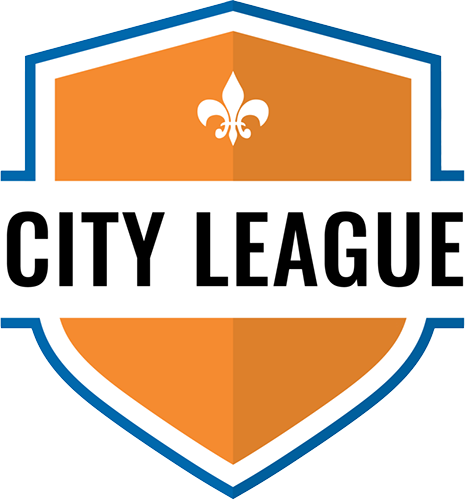Practice Planning
Tips for Planning Practices
Planning an effective practice is one of the most important responsibilities of a coach. A well-organized practice keeps athletes engaged, maximizes skill development, and builds team culture. Below are tips and tricks to keep in mind when planning your sessions.
1. Have a Plan, but Stay Flexible
- Write out your practice plan in advance, with times allocated to each activity.
- Be ready to adjust based on athlete energy levels, weather, or what skills need more focus that day.
- 📌 Resource: Positive Coaching Alliance – Practice Planning
2. Start with a Purpose
- Every practice should have one or two clear goals (e.g., “improve passing accuracy” or “work on endurance”).
- Communicate these goals to your athletes at the start so they know the “why.”
3. Warm-Up the Right Way
- Begin with dynamic warm-ups (movement-based stretching and mobility) instead of static stretching.
- This helps prevent injury and gets athletes mentally and physically ready.
- 📌 Resource: NFHS – Dynamic Warm-Ups
4. Balance Fundamentals with Fun
- Spend time on core skills every practice—repetition builds mastery.
- Balance drills with game-like scenarios to keep things engaging.
- End with something fun (short scrimmage, challenge, or relay).
5. Use Progressions
- Build drills in layers: start simple, then add complexity.
- Example: Dribble → Dribble with a defender → Dribble into a passing drill.
- 📌 Resource: USA Youth Sports Drills Library
6. Keep Everyone Moving
- Avoid long lines and standing around.
- Use small groups or stations so athletes get more reps and stay engaged.
7. Include Conditioning in the Drills
- Instead of running laps, design drills that build endurance while working on skills (e.g., transition drills, fast-paced small-sided games).
8. Prioritize Safety & Recovery
- Make sure drills are age-appropriate.
- End with a proper cool-down and hydration reminder.
9. Build Team Culture
- Set aside 2–3 minutes for team connection (group cheer, recognition, or short reflection).
- Encourage positive reinforcement—celebrate effort, not just results.
10. Reflect After Practice
- Take 5 minutes after practice to jot notes: What went well? What needs adjustment?
- Ask athletes for feedback—this builds trust and helps you improve as a coach.
Oops!
You have unsaved elements
Please save or cancel the pending changes to the elements within your page and then try saving again.

 Atlas Public Schools
Atlas Public Schools
 Center Cross Academy
Center Cross Academy
 City Garden Montessori School
City Garden Montessori School
 Gateway Science Academy
Gateway Science Academy
 Kairos Academies
Kairos Academies
 KIPP Inspire
KIPP Inspire
 Momentum Academy
Momentum Academy
 North Side Community School
North Side Community School
 Parkway North East Middle School
Parkway North East Middle School
 South City Community School
South City Community School
 St. Louis Language Immersion School
St. Louis Language Immersion School